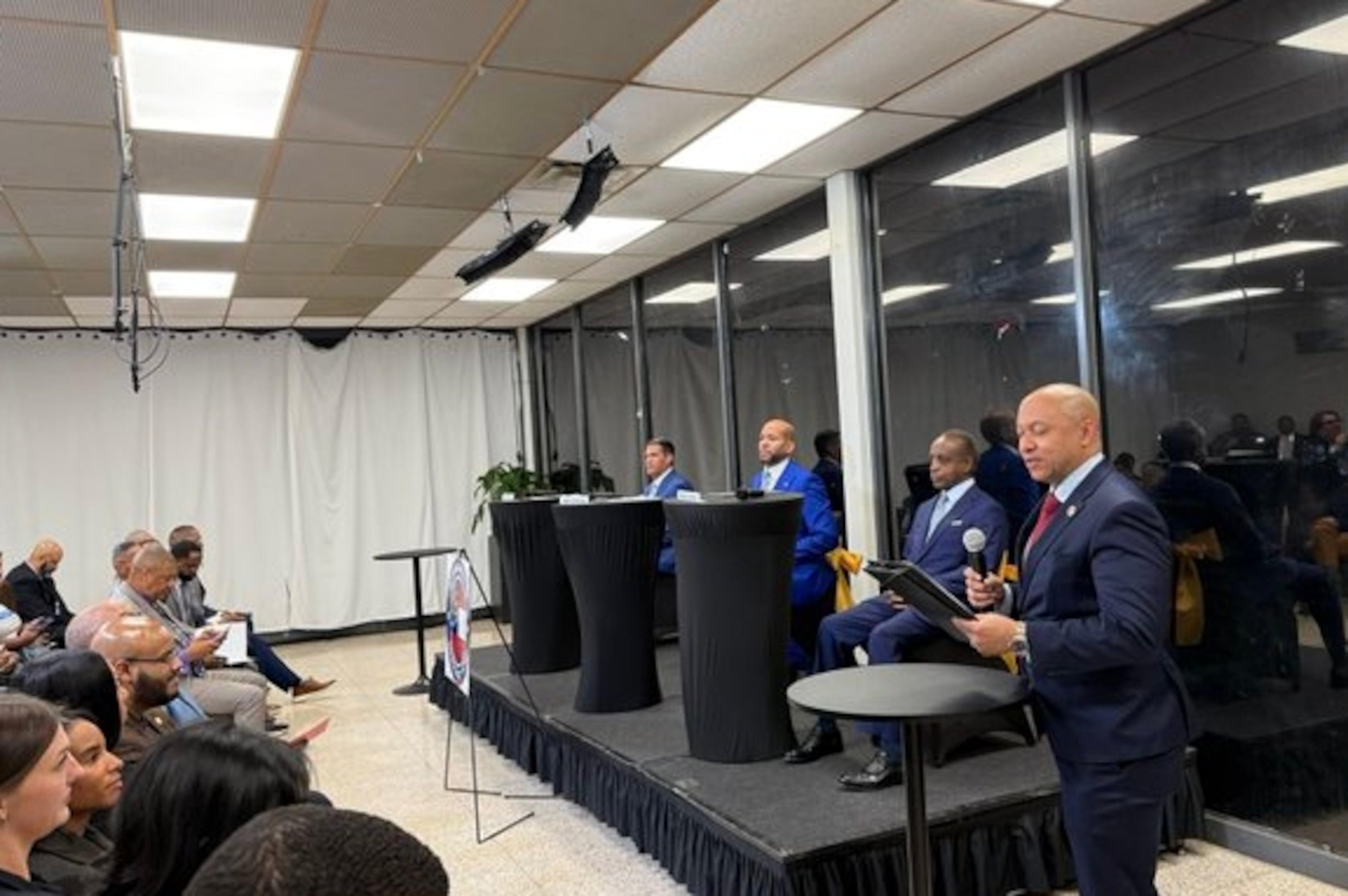Readers write

Stone Mountain truth-telling vital for healing
In response to the article, “Confederate group sues to stop Stone Mountain’s ‘truth-telling’ exhibit,’” (AJC.com, July 2) I write as a graduate student in social work with interests in trauma-informed care, community engagement and social justice. I am deeply concerned by efforts to halt this important initiative, which takes a necessary step toward confronting Stone Mountain’s painful legacy of white supremacy, racial terror and the Ku Klux Klan’s resurgence.
From a social work perspective, truth-telling is fundamental to collective healing and restorative justice. Minimizing or distorting history perpetuates generational trauma and obstructs empathy, understanding, and social cohesion. The continued glorification of Stone Mountain without context reinforces systemic inequities. In contrast, this exhibit invites honest reflection, public dialogue and a reexamination of harmful myths that shape public memory.
For long-term progress, this historical reckoning must be paired with equity-driven programming — such as community forums, educational workshops and culturally responsive initiatives — that amplify marginalized voices and foster shared understanding.
Stone Mountain can become more than a monument to the past — it can serve as a site of transformation, where Georgians confront difficult truths and move toward a more inclusive future. I urge policymakers and residents alike to support this truth-telling work as a foundation for healing and justice.
OLIVIA DUNKLEY, UNIVERSITY OF GEORGIA SCHOOL OF SOCIAL WORK
NWS not to blame for Texas disaster
In the wake of a terrible natural disaster, the blame game and politics help no one.
There is no definitive evidence that the recent tragic deaths from catastrophic river flash flooding in Texas were caused by staffing shortages at the National Weather Service.
NWS staff and meteorologists (including former staff) defended their response, emphasizing that flood watches and flash-flood warnings were issued well in advance, often more than three hours before peak flooding, and that extra staff were brought in on overtime.
The real shortfalls are tied to a lack of local infrastructure, such as Kerr County not having a siren or river-level alert system and gaps in “last-mile” communications and evacuations.
FRANK MANFRE, SMYRNA
Political endorsements can be slippery slope
The IRS’ decision to allow tax-exempt nonprofits to endorse political candidates is a slippery slope.
We have recently seen the power of a U.S. president to defund groups and institutions with which he has disagreements. Rest assured, our elected representatives will be hard at work finding ways to take advantage of this.
SKIP WEILAND, MARIETTA


